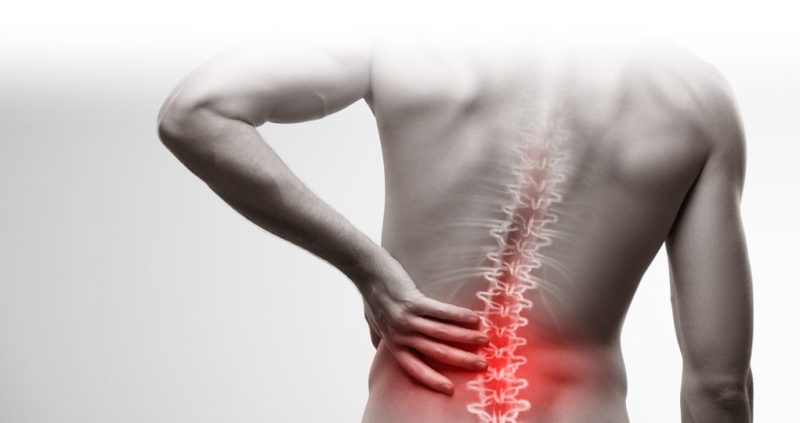A herniated disc is caused by a herniated disc in the spine. It can cause numbness, tingling, and pain in the lower back. People suffering from herniated disks should avoid activities that stress the affected back. They can take medications for pain relief and muscle relaxants to reduce their discomfort.
Healthbound Physiotherapy in Hamilton useful for relieving the symptoms and improving circulation. If a herniated disc is caused by age-related degeneration of the outer ring of fibrous tissue between the vertebrae, it can rupture and become herniated.
If you suspect you may have a herniated disc, you should see a doctor. If you suffer from any of the herniated disc symptoms listed above, it is important to see a doctor. During a physical examination, a doctor will evaluate the nerves, muscle strength, and other signs of a herniated disc.
An MRI scan can help determine the exact location of the herniated disk and affected nerves. If the pain is accompanied by numbness in your arms or legs, you should also get a CT scan to rule out other causes. Myelograms are used to assess the location of a herniated spinal cord, and a CT scan shows the bones of the spine.
Table of Contents
Identify Causes and Heal Problem
● A doctor will determine the cause of your herniated disc by checking for any signs of inflammation, weakness, or pain. If a herniated disc is the cause of your pain, he or she will treat it. Conservative treatment for herniated discs is usually very effective and can reduce the symptoms within a few weeks. Some patients are able to tolerate a home exercise program while receiving treatment.
● A physical therapist will focus on the exercises necessary to strengthen the surrounding muscles to relieve the pain and help the patient recover. The physical therapist will use a range of tools to assist the patient in exercising at home. The physical therapist will also work on advancing the home exercises program. She will make sure that the patient uses proper form when performing the exercises. If herniated disc symptoms are affecting her life, the doctor may recommend surgery to restore the back to normal.
● When a physical therapist is performing physical therapy, he or she will evaluate the condition and develop a treatment program that will target specific areas of the body. The treatment plan will be tailored to the patient’s needs, and it may include massage, ultrasound, ice & heat therapy. If physical therapy fails to improve the symptoms, the patient will need surgery. Although it is important to find out the cause of the pain, the doctor will prescribe the best treatment for your case.
● Physical therapy will be an important part of the treatment for a herniated disc. During physical therapy, the patient will perform exercises that will help him or her recover quickly from the pain. Physiotherapy will include stretching, abdominal and back muscles and will be designed to correct imbalances in the spine. However, a doctor’s examination and treatment plan will vary based on the individual’s situation. Some people need surgery while others need a more conservative treatment.
● Apart from a physical examination, patients may be prescribed physical therapy exercises to alleviate the pain. These exercises may include traction, massage, electrical muscle stimulation, and pelvic traction. If these therapies are unsuccessful, surgery will be necessary. It will be a very costly treatment. If the symptoms are not relieved after two months, the patient must continue with non-invasive therapies.
When to Consider Surgical Treatment?
If conservative treatment methods fail, a herniated disk is often treated with surgery. If the pain persists, a surgeon may remove the herniated disk. If the surgical procedure has been unsuccessful, the affected disc must be replaced. Herniated disc symptoms can be a major hindrance to mobility. A physical therapist will prescribe exercises to improve mobility.
After conservative treatment, the doctor may recommend a surgical procedure for the pain and other herniated disk. This will remove the herniated disc and any damage it may have caused. Surgery for a herniated disc is the last resort if all other measures have failed. Afterwards, the surgeon will replace the disk with a new one. The procedure may require several months of recovery before patients can return to normal life.






